Photolithography no longer an obstacle to mass production of China's quantum chips
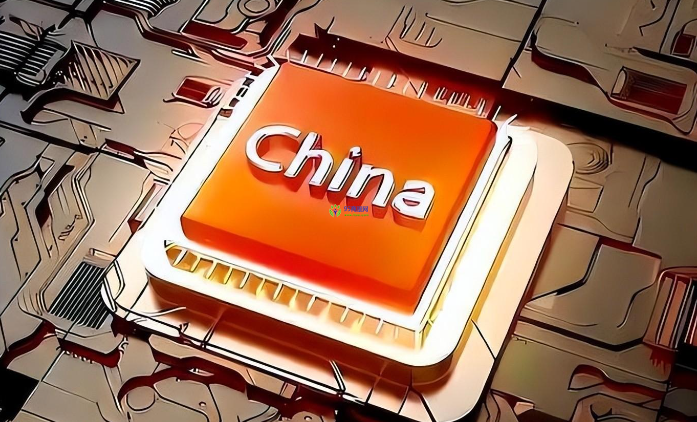
As a key component of a quantum computer, the performance of a quantum chip directly affects the reliability and practicality of quantum computing.
In terms of quantum computers, China is in a certain leading position internationally, especially in superconducting quantum computer technology.
The mass production of quantum chips will give China a greater advantage in the field of quantum computing, and is expected to narrow the gap with Europe and the United States in this field.
Recently, the CCTV newsroom also confirmed the significant progress of China's quantum chip production line.
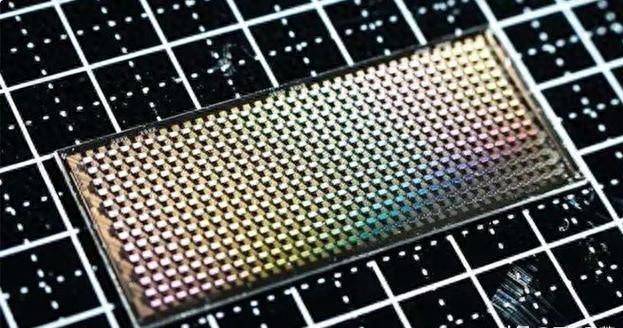
It is mentioned in the report: ‘The quantum chip production line has completed 1,500 batches of flow operations, and the flow operations have also successfully completed a 1,000-fold improvement.’
This news means that China's quantum technology has made a new breakthrough, and quantum technology will usher in new development opportunities.

Characteristics of quantum chips.
Quantum chips, the core component of a quantum computer, are manufactured in a very different process than traditional computer chips.
Quantum computers use quantum bits (also known as quantum bits) rather than the binary bits used in conventional computers.
In contrast to the 0s and 1s of conventional computers, the quantum bits of a quantum computer can be in multiple states at the same time, a characteristic known as ‘superposition states’.

In addition, superposition quantum bits can also be ‘entangled’ to achieve the change of common state, a feature that makes quantum computers revolutionise information processing and computing power over conventional computers.
The superposition and entanglement states of quantum bits are fundamental properties of quantum mechanics, enabling the simultaneous representation of multiple states and the sharing of states with other quantum bits.
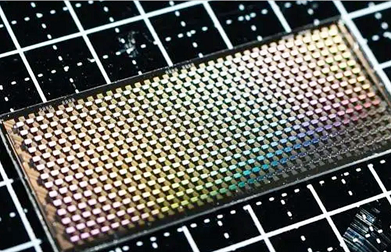
This transcendent property of quantum bits enables quantum computers to handle more complex problems at a faster rate and to outperform conventional computers in certain application areas.
Quantum chips are designed based on quantum bits and utilise the properties of quantum mechanics to enable information processing and computation.
Information is stored and processed in the quantum chip using quantum bits, thus demonstrating capabilities beyond those of conventional computer chips.
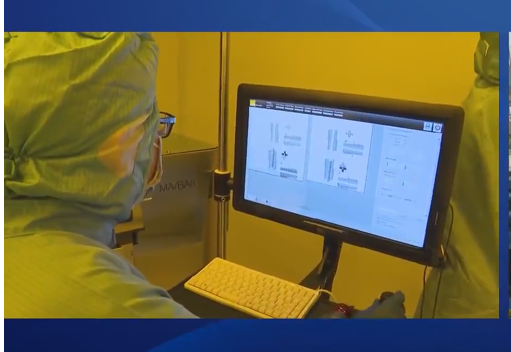
The key to quantum chips lies in their ability to create high-quality quantum bits and achieve coherence and entanglement between them.
This is usually achieved using different physical realisations such as superconducting quantum bits, ion trap quantum bits, topological quantum bits, etc., with optimised designs based on different needs and technical characteristics.
The performance of a quantum chip is affected by several factors, such as the plasmonic rate of quantum bits, coherence time, gate operation speed, etc., which determine the computational capability and reliability of a quantum computer.
The development of quantum chips cannot be separated from the basic research of quantum physics and the progress of nano fabrication technology.

Huge progress in quantum chips.
The news of this production line aroused a great deal of attention because it signalled that China's quantum chip production technology had reached a new level.
Shortly thereafter, CCTV news disclosed another exciting news - ‘Origin Wukong’ has developed a quantum chip with 2,500 quantum bits.
The quantum chip developed this time not only has the largest integrated scale, but also has very powerful performance, representing a major breakthrough in the field of quantum computing in China.
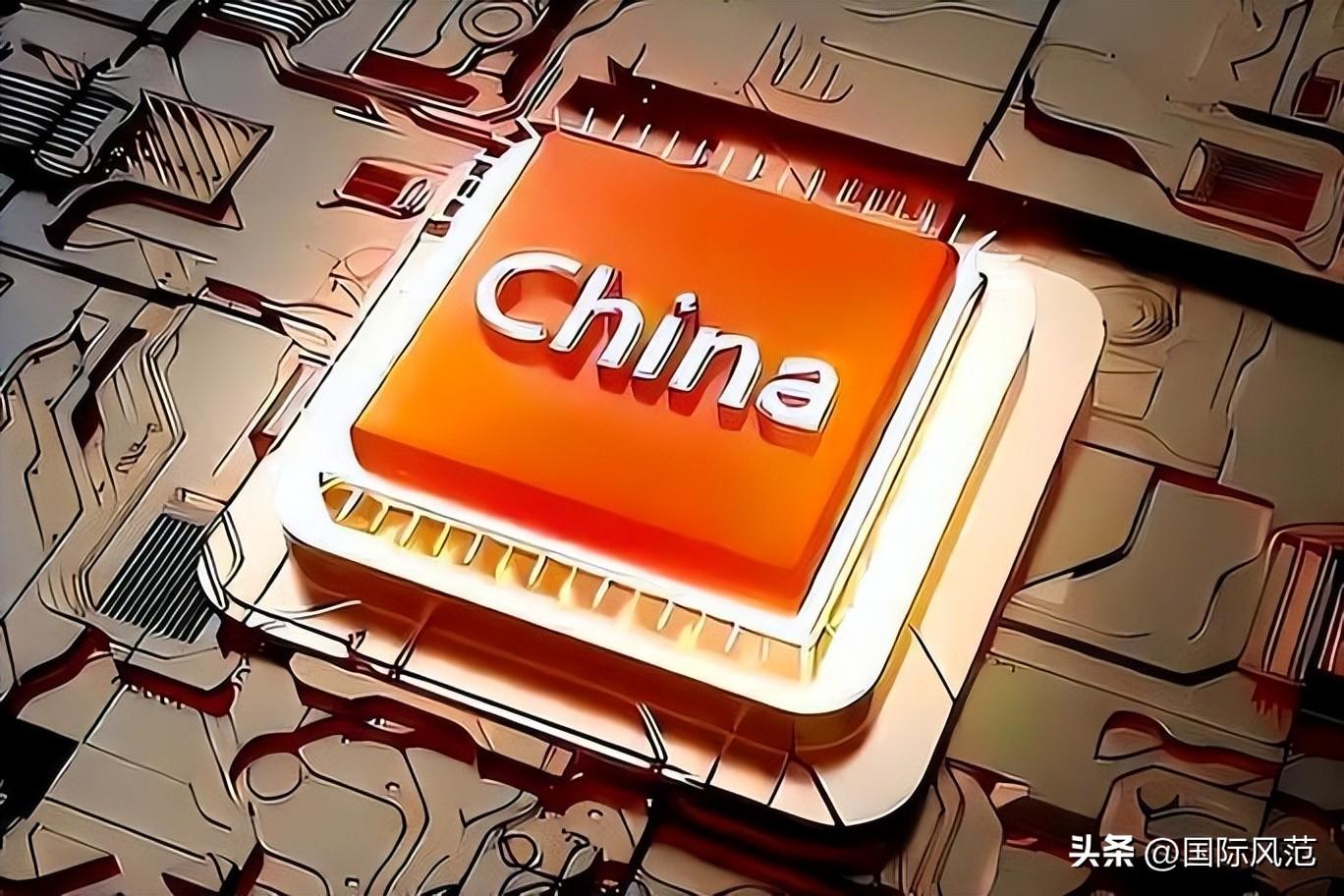
Quantum chips are the core components of quantum computers, and their performance is directly related to the computational capability and efficiency of quantum computers.
The breakthrough of China's quantum chip will not only provide strong support for China's development in the field of quantum computing, but also enhance our competitiveness in the global quantum computing field.
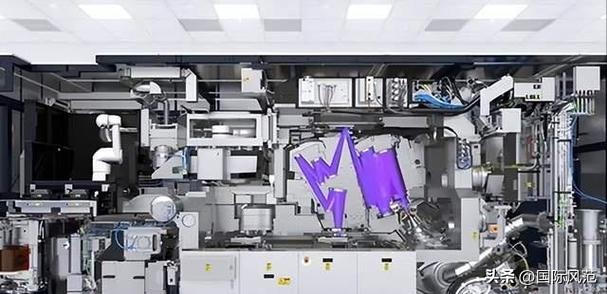
It is understood that China's quantum chip production line has realised the transition from R&D to mass production, and the production capacity of batch flow has been greatly improved.
The success of this production line not only marks that China's quantum chip production technology has reached a new height, but also brings great opportunities for research and application in the field of quantum computing in China.

With the continuous progress of quantum chip production technology, the research and development and application of quantum computers in China will be smoother.
By virtue of its superposition and entanglement state characteristics, quantum chips will surpass traditional silicon-based chips and show great potential and application prospects.
With the continuous improvement of quantum computers and the expansion of application scenarios, quantum chips will play a great role in a wider range of fields.
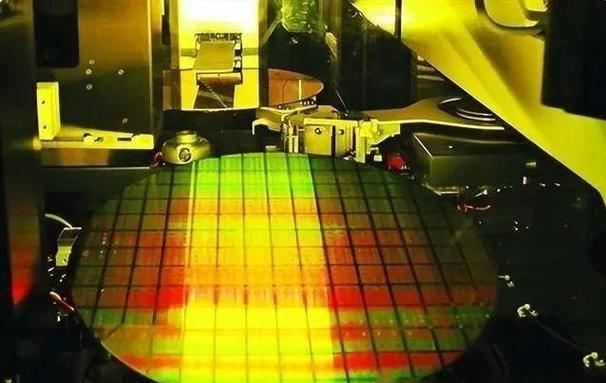
Photolithography is no longer an obstacle?
With the success of China's quantum chip production line, the construction history of this production line has attracted much attention.
Previously, China's quantum chip production needed to rely on imported photolithography to build the production line, but the price of imported photolithography is as high as hundreds of millions to billions of U.S. dollars, which formed a huge obstacle to the development of China's quantum chip production.
However, the commissioning of this domestic production line is a pleasant surprise to find that China's photolithography machine is no longer an obstacle.
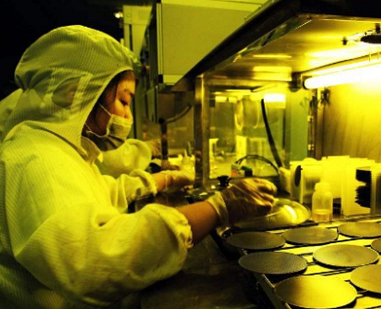
This production line was built thanks to China's continuous breakthroughs in photolithography technology.
The reporter visited the quantum chip flow room at the site and saw several advanced photolithography equipments in production, which transfer the photoresist pattern to the substrate to form the circuit of the quantum chip.
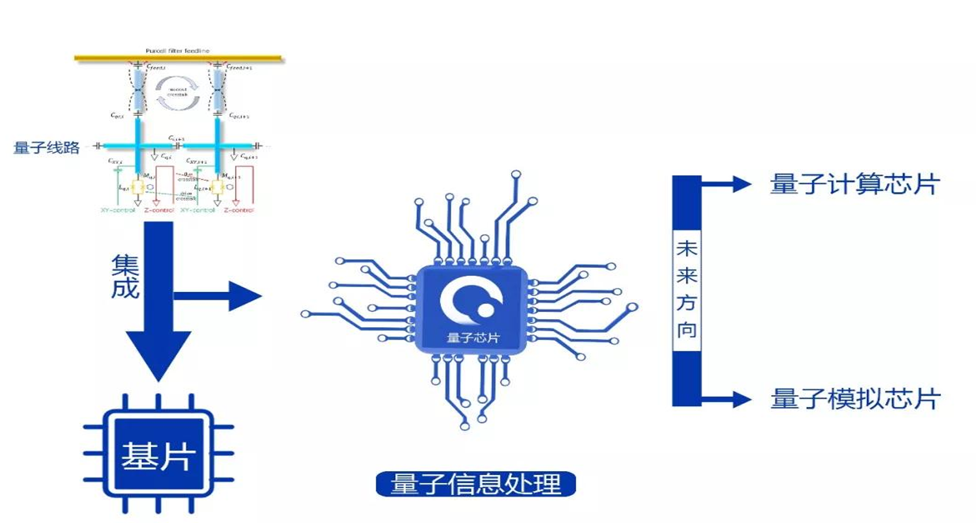
The staff of the production line introduced: ‘Before this, our quantum chip production mainly relied on imported photolithography, but now, our self-generated photolithography has reached a level that can be used.’
With the continuous upgrading of our photolithography technology and the gradual improvement of the production line, the production of quantum chips will be more efficient and accurate.

The success of this domestic quantum chip production line has provided a strong guarantee for China's development in the field of quantum computing, and has further enhanced our competitiveness in the global quantum computing field.
However, the problem of photolithography has been solved, the next question we should consider is how to achieve the commercialisation of quantum chips?
With the continuous progress of quantum chip production technology, the integration degree of China's quantum chips is also improving, which lays the foundation for the commercialisation of quantum chips.

The commercialisation of quantum chips will inject new vitality into China's development in the field of quantum computing, and will also promote China's technological progress in the field of quantum computing.
The commercialisation of quantum chips will make a breakthrough for China in the field of quantum computing, but it also faces many challenges.
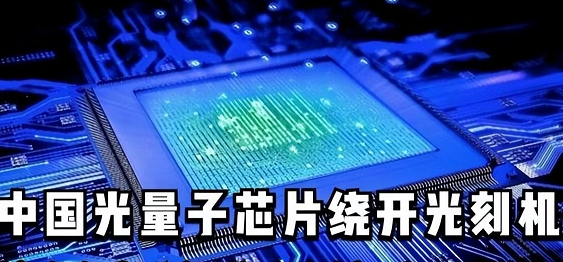
Firstly, the stability of quantum chips is a major problem. Quantum bits can only operate at extremely low temperatures, or else they will crash, which requires the chip to be placed in an environment close to absolute zero.
Secondly, the production process of quantum chips is very complex, requiring the use of a large number of special materials, and the selection and production of materials should be subject to strict verification and testing.

In addition, the operation of quantum computers requires specialised programming languages and software support, which also requires time and technology accumulation.
Overall, the commercialisation of quantum chips is a long and complex process that requires continuous exploration and innovation by researchers, but once realised, it will bring huge economic and social benefits.
With the continuous upgrading of quantum computers and the expansion of application scenarios, the role of quantum chips will become more and more important.
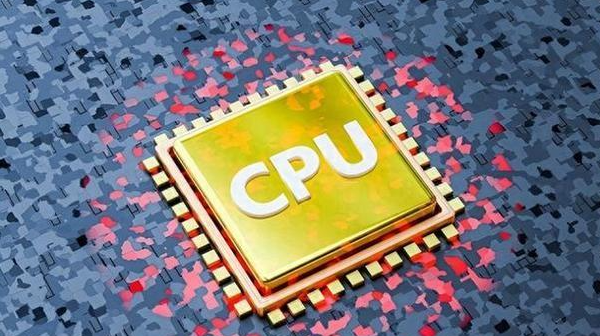
The commercialisation of quantum computers will promote the rapid development of quantum technology and help our country make greater breakthroughs in the field of science and technology.
The application of quantum computers has a broad prospect and may have an important impact in many fields, such as medical, financial, and transport.
concluding remarks
Although China is also trying to catch up, U.S. sanctions and impediments have made it more difficult.

In this context, the technological progress of China's quantum chips is particularly important.
As the core component of quantum computers, the manufacturing process of quantum chips is very different from that of traditional chips, and is an area full of challenges and opportunities.

Chinese researchers are working hard to solve the problems faced by quantum chips, improve their performance and stability, and lay a solid foundation for China's technological development.
The future of quantum technology is full of hope, and China is bound to usher in a better tomorrow.










